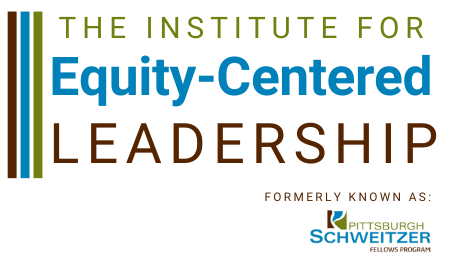Paolo Vignali and Scott O’Neil are medical students with a keen understanding of their own privilege and desire to use their position to help others.. Raised in a family of veterinarians, Scott realized his interest in medicine early in life. After working as an EMT for four years, he cemented his dedication to the field, but he has retained his various interests as hobbies and side projects. During his undergraduate years in Tennessee, Paolo explored journalism, documentary filmmaking, and conservation. Finally, his interest in immunology led him to the medical field. He assisted a nurse in Appalachia who served seven schools on her own. Seeing her skill set so in demand for a community in need convinced Paolo that medicine was the right thing to do.
Already familiar with each other, Paolo and Scott decided to team up for their project when a former fellow, Claire Becker, came to the University of Pittsburgh to talk about the Schweitzer fellowship. Paolo and Scott approached her at the same time with questions and realized how compatible their goals were.
Paolo and Scott will work through the Birmingham Free Clinic, which serves low-income and homeless communities, to reach patients suffering from high blood pressure. Specifically, the team wants patients to feel empowered to improve their health and communicate with healthcare professionals. Paolo explains that often these patients hear advice like “eat better.” In a food desert area of Pittsburgh, “eat better” can be a confusing and tall order. Paolo and Scott want to problem solve with their patients to make concrete, achievable changes in their lives.
Patients’ time at the Birmingham Free Clinic is very valuable. Most of them can only make time for an hour at the clinic, so Paolo and Scott get around 10 minutes with each individual. Their biggest challenge will be condensing important information into a 10 minute conversation without rushing their patients or skipping over essential topics.
Additionally, Paolo and Scott must face the challenge of inconsistent visits. They see many patients who seem to be improving and then stop attending their clinic hours. The team hopes to equip each patient with take-home materials and a personal blood pressure monitor so that they can take more control over their health even if they can’t make it to the clinic.
Paolo and Scott’s biggest goal is to make their project sustainable and transition it to future Schweitzer fellows. They hope to work with clinic staff to develop a training program for students to go through to better deal with high blood pressure and communicate with patients. Furthermore, they hope to expand their project beyond the biweekly clinic hours currently available.
Both Paolo and Scott approach their work with an altruistic attitude. Paolo shares that since he has the means to go to medical school and help others, “it feels necessary.” He hopes to hold on to his passion for service regardless of how busy his career may become. Scott confesses that on busy days, it’s easy to drown in his workload. He reminds himself often of the human connection that makes his work important; his goal is to better other’s lives, not leave a legacy for himself.


































